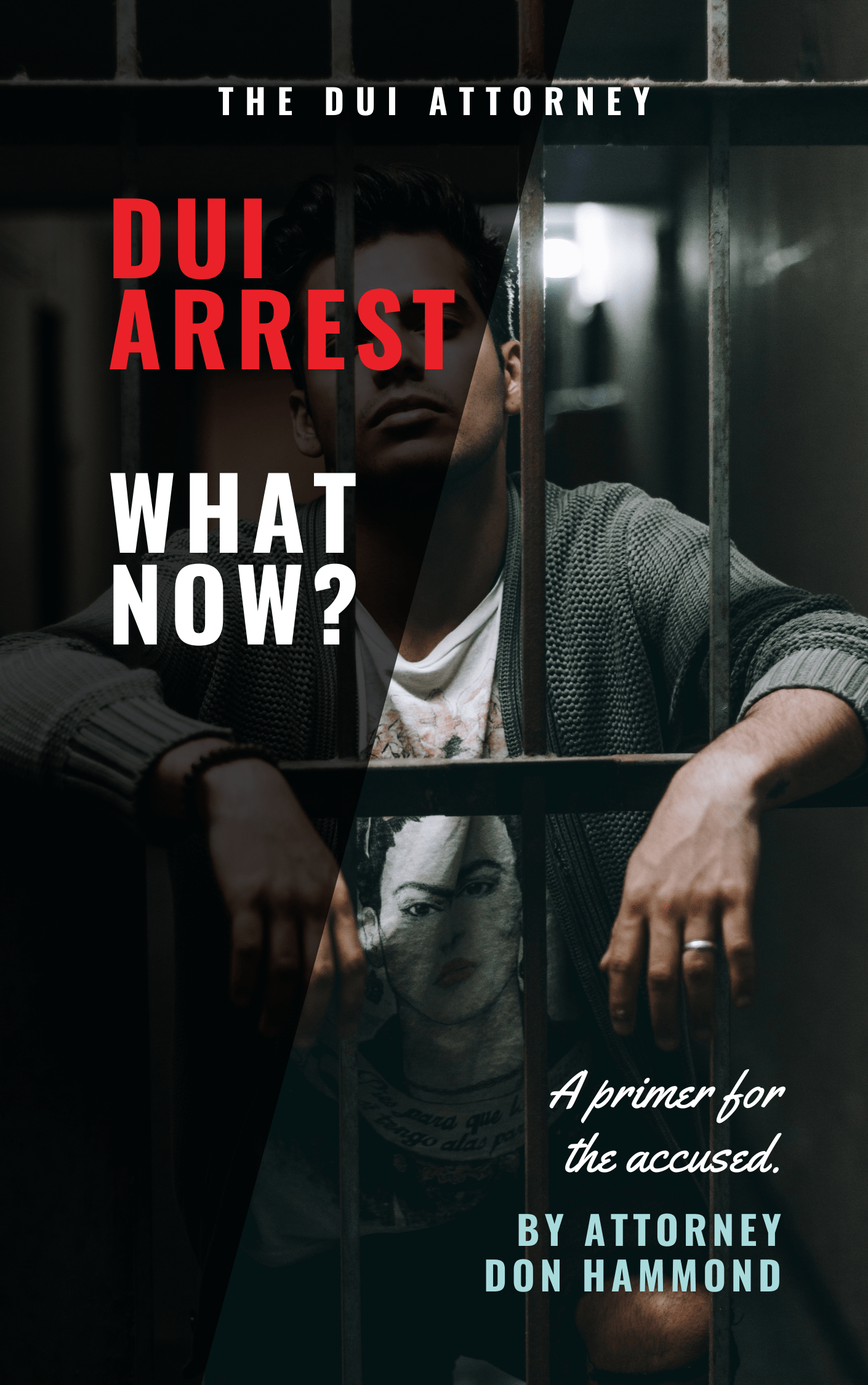
Getting arrested for Driving Under the Influence (DUI) in California is a terrifying experience. It brings up a lot of questions. In other articles, we have discussed DUI sentencing issues and the DMV procedure after a DUI. But what about DUI Diversion? Is it even possible to keep my record clean through a diversion process after being arrested for DUI?
WHAT IS DIVERSION?
Diversion is a process whereby a defendant fulfills some conditions and then the case is dismissed. That’s right – the case is dismissed, gone, like it never happened. Conditions usually include some sort of treatment and obeying all laws for a period of time. California law provides for a few different diversion options that can apply in a DUI case. One in Mental Health Diversion under Penal Code section 1001.36. Another is Military (or veterans) Diversion under Penal Code section 1001.80.
In the past, DUI cases were excluded from these diversion programs, but recent changes in the law make diversion available in DUI cases.
DUI MENTAL HEALTH DIVERSION
Mental Health diversion is available in a California DUI case. While prosecutors argue vehemently against mental health diversion in DUI cases, and judges are often skeptical, it is possible to get a mental health diversion motion granted in an appropriate DUI case. The DUI Attorney, Criminal Defense Hero, Don Hammond had such a motion granted at the Inglewood courthouse on June 21, 2019.
To prevail on a mental health diversion motion under Penal Code section 1001.36, the defense must demonstrate:
(A) The defendant suffers from a mental disorder as identified in the most recent edition of the Diagnostic and Statistical Manual of Mental Disorders (DSM), including, but not limited to, bipolar disorder, schizophrenia, schizoaffective disorder, or post-traumatic stress disorder, but excluding antisocial personality disorder, borderline personality disorder, and pedophilia.
(B) The defendant’s mental disorder was a significant factor in the commission of the charged offense.
(C) The defendant’s symptoms of the mental disorder motivating the criminal behavior would respond to mental health treatment
(D) The defendant consents to diversion and waives his or her right to a speedy trial.
The latest version of the DSM lists addiction as a mental disorder, so alcoholism or other forms of addiction can be the basis for a mental health diversion motion in a California DUI case.
Prosecutors often oppose mental health diversion in DUI cases, saying that the mental disorder (especially addiction) may have caused the defendant to drink or do drugs, but it didn’t make him or her drive. This argument rests on a false interpretation of the law – that the mental disorder has to be linked to every element of the charged offense. In reality, the mental disorder needs only to be a significant factor in the charged offense. This argument won our recent motion.
If a mental health diversion motion is granted, the court can impose terms and conditions for the defendant to follow, for a time period up to two years. If the defendant completes those terms and conditions successfully, the criminal case is completely dismissed.
So, if you are charged with a California DUI, be sure to tell your California DUI lawyer about any mental health history or addiction issues in your past. It just might be the key to keeping your record clean.
DUI MILITARY DIVERSION
Until recently, DUI charges were excluded from diversion programs in California. There was actually a split of appellate court rulings on this issue – a Los Angeles court of appeals said military diversion applied to DUI cases, and a San Diego court of appeals said that military diversion did not apply in DUI cases. The California state legislature recently resolved that dispute and made it clear that military diversion is available in a California DUI case.
To prevail on a military diversion motion under Penal Code section 1001.80, the defense must demonstrate:
(A) The defendant was, or currently is, a member of the United States military.
(B) The defendant may be suffering from sexual trauma, traumatic brain injury, post-traumatic stress disorder, substance abuse, or mental health problems as a result of his or her military service.
In making these determinations, the course will consider the defendant’s service record, mental health reports, and other information provided by the defense. If the court makes these findings, it may place the defendant in a pretrial diversion program for up to two years. Conditions will include a treatment program designed to address the conditions in (B) above. If the defendant successfully completes the program prescribed by the court, then the DUI criminal case will be completely dismissed.
Keep in mind that DUI military diversion can apply to veterans as well as currently serving members of the United States military.
So, if you are charged with a California DUI, be sure to tell your California DUI attorney about your military service – past or present. It just might be the key to keeping your record clean.
A LAWYER CAN HELP
At the DUI Attorney, Criminal Defense Hero, we work with experts who are experienced in evaluating our clients, and submitting reports that carry weight in court. Our experts understand these DUI diversion programs, and know how to write their reports to maximize the chances of qualifying. Based on the expert’s report, we draft a motion for California DUI diversion, and then argue the case to the judge. While this process is going on, we’re also requesting documents, reports, audio, video, and crime lab evidence, and evaluating possible defenses to the charges. Mr. Hammond and his team have the training and experience to fully evaluate all aspects of each case, to determine the best course of action – in some cases that’s a California DUI diversion, and in other cases, we fight the charges head-on.










